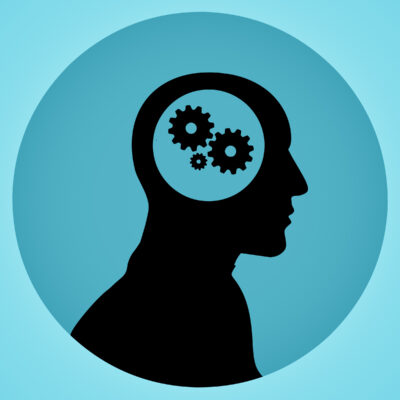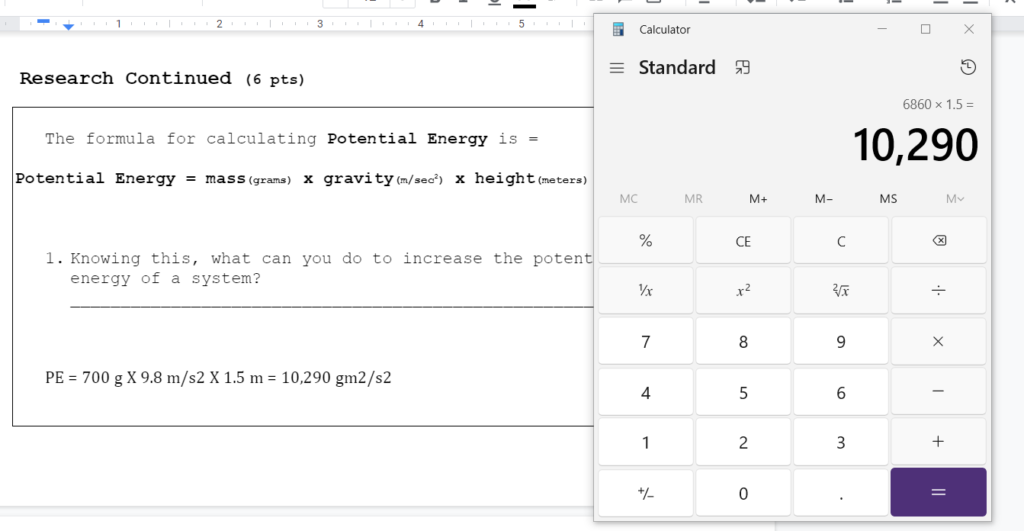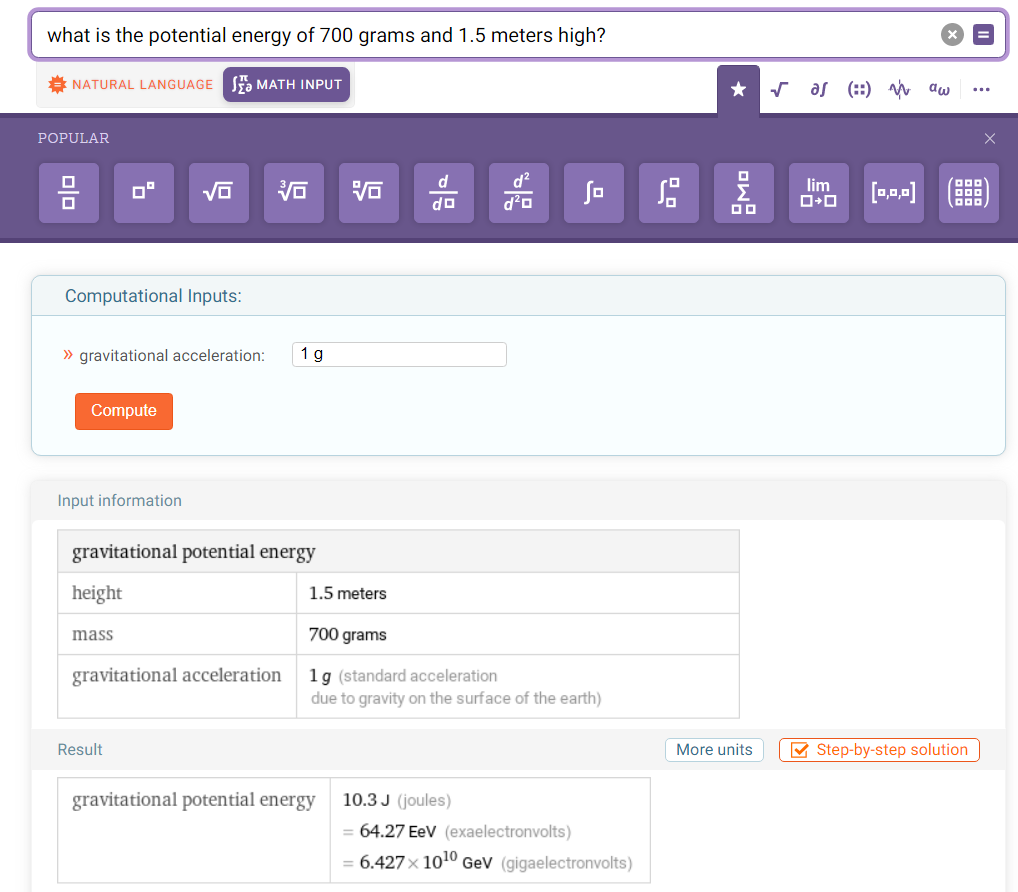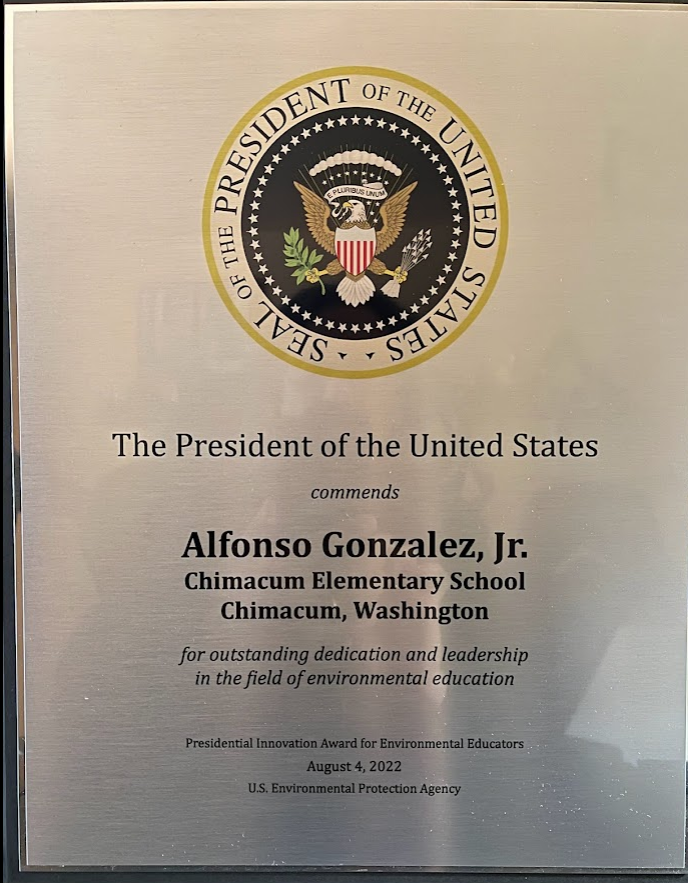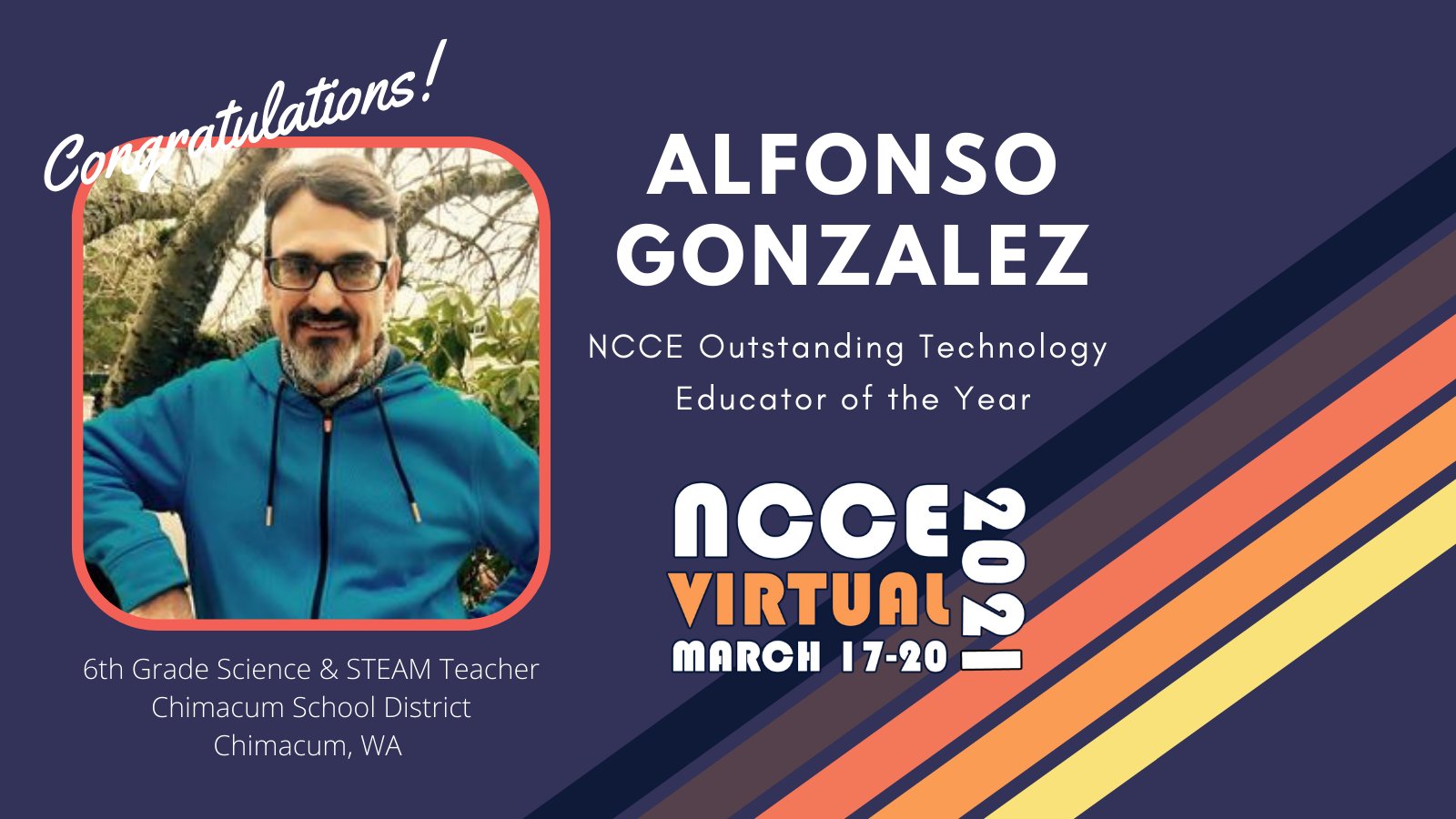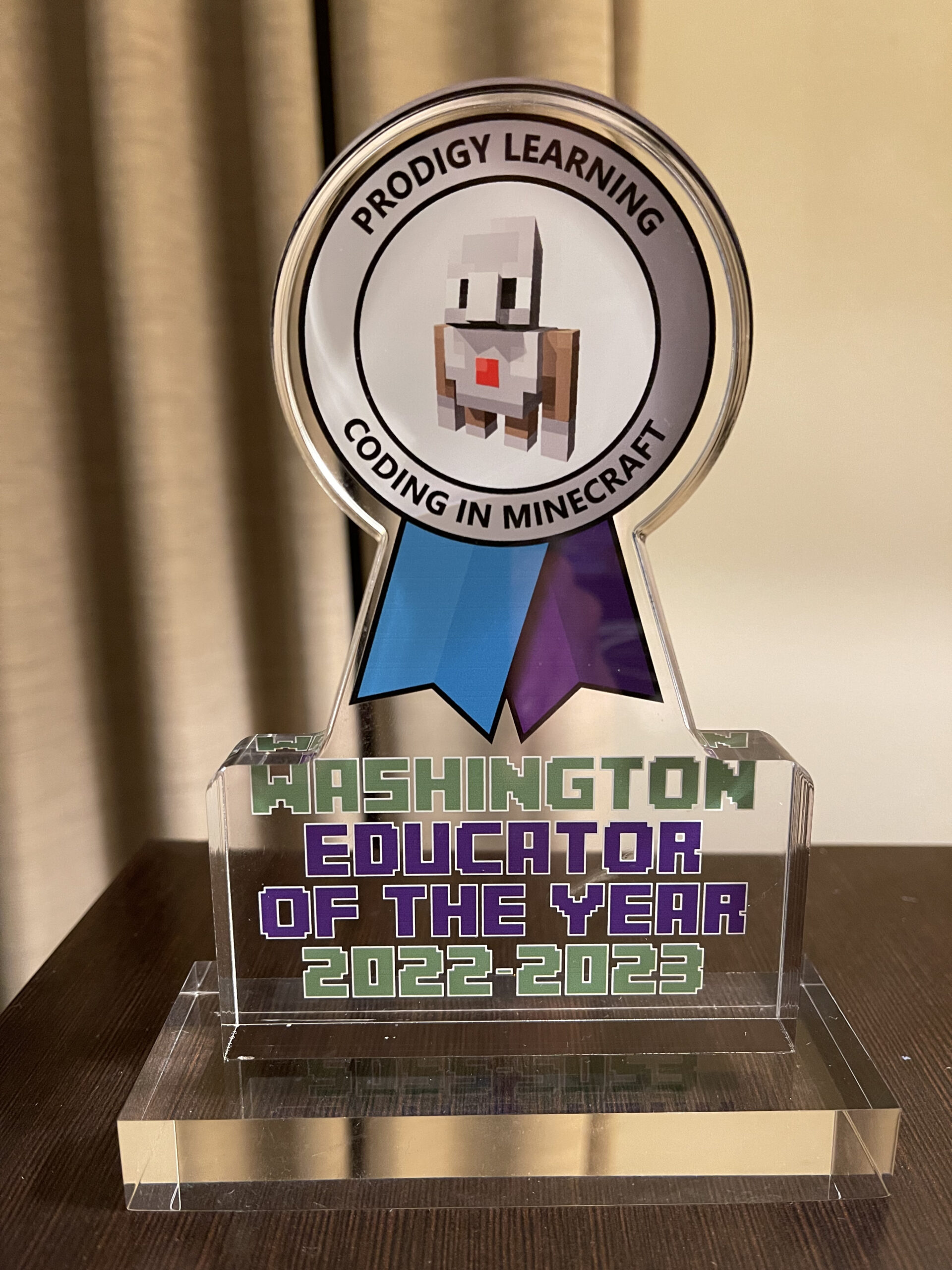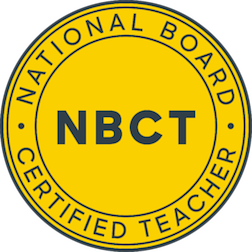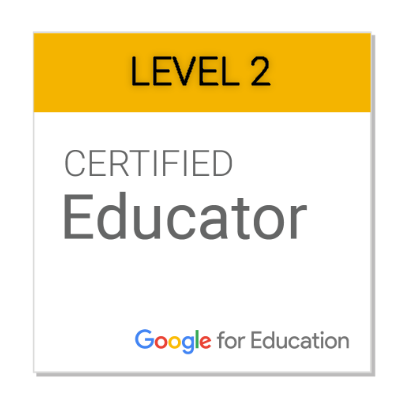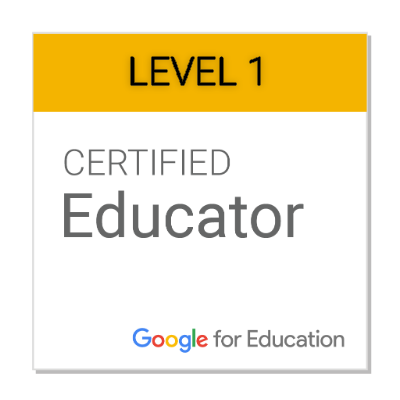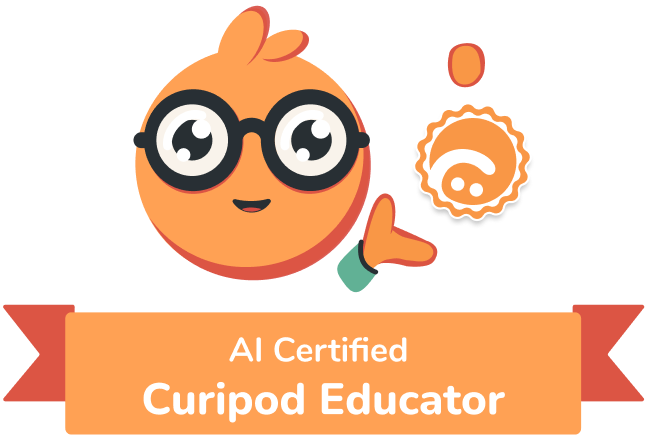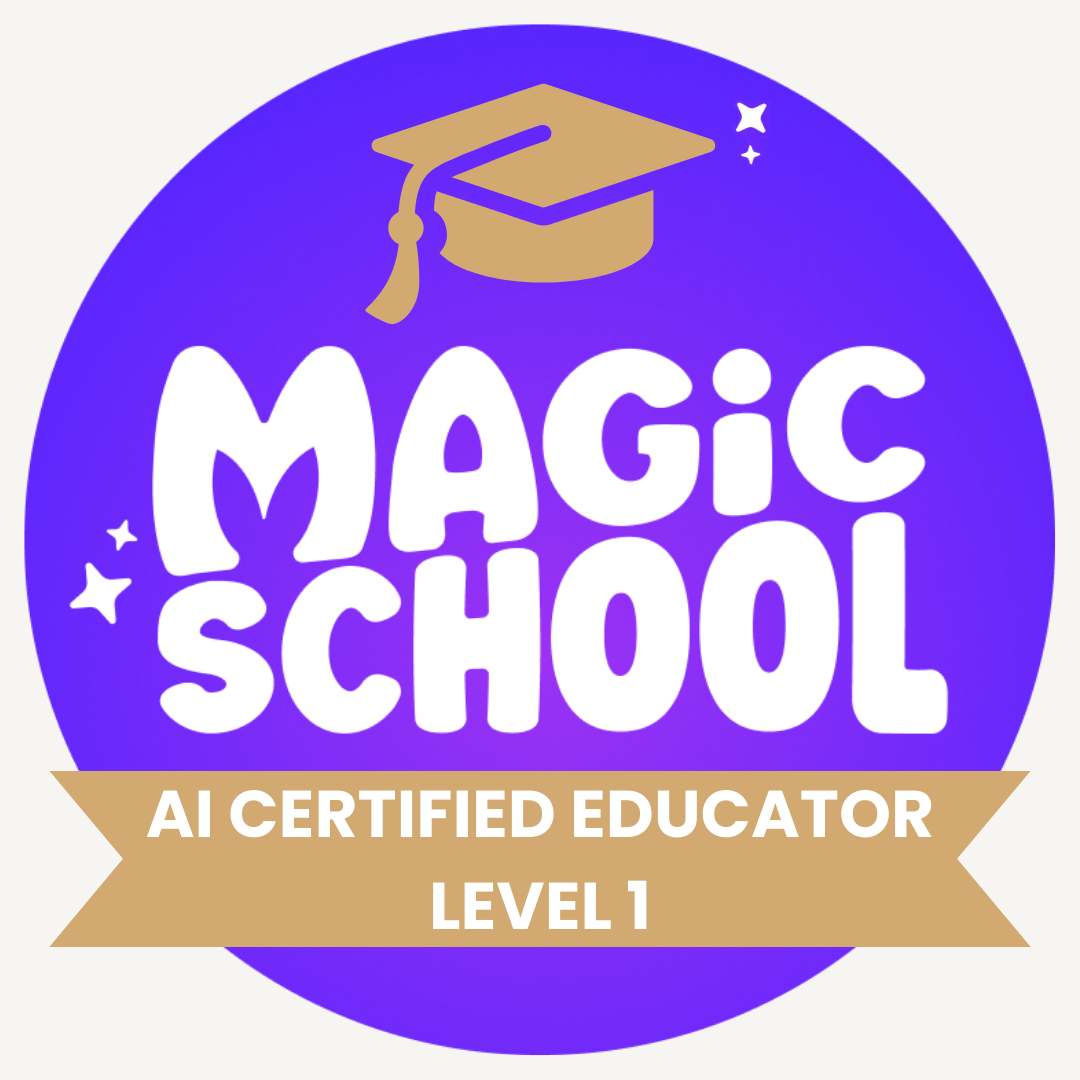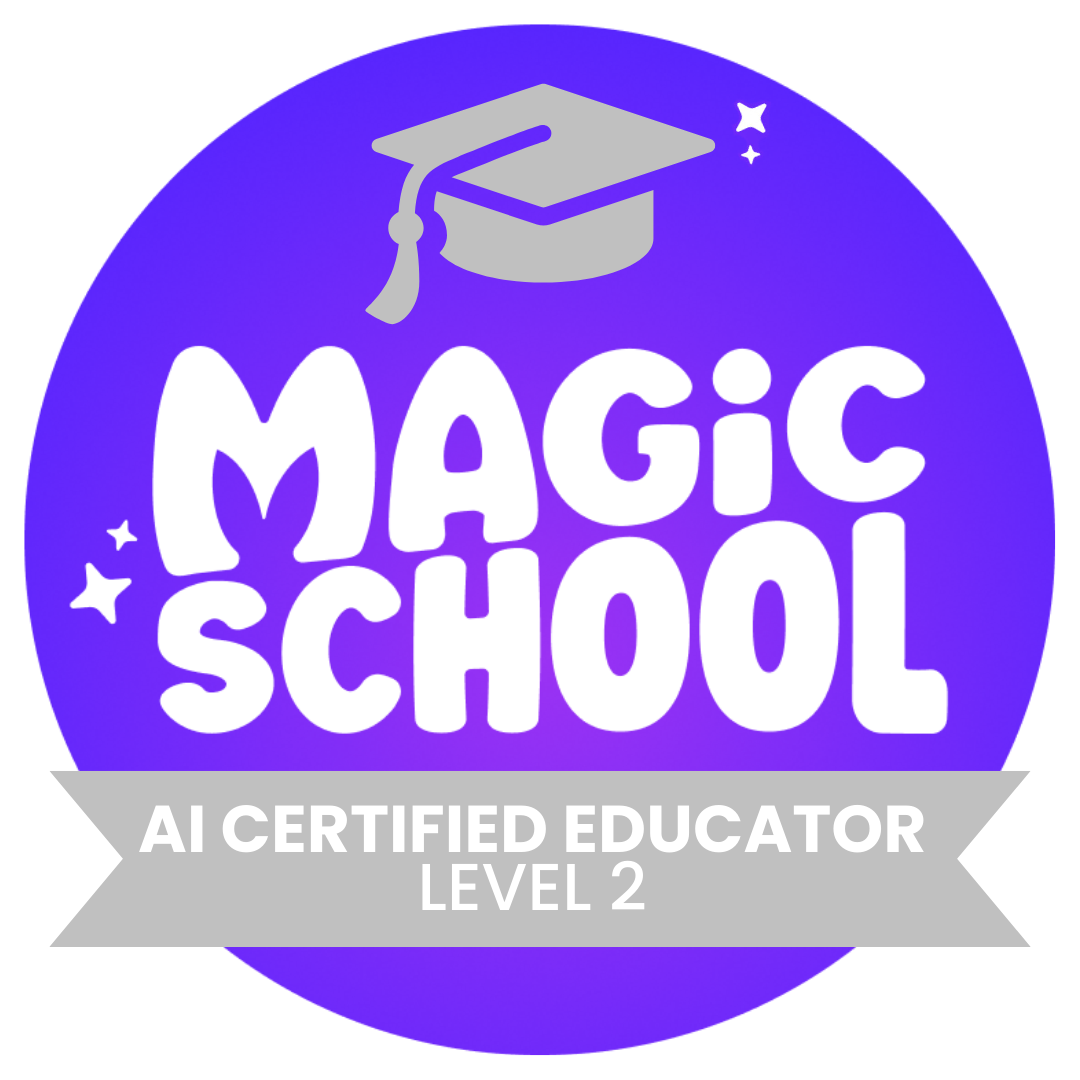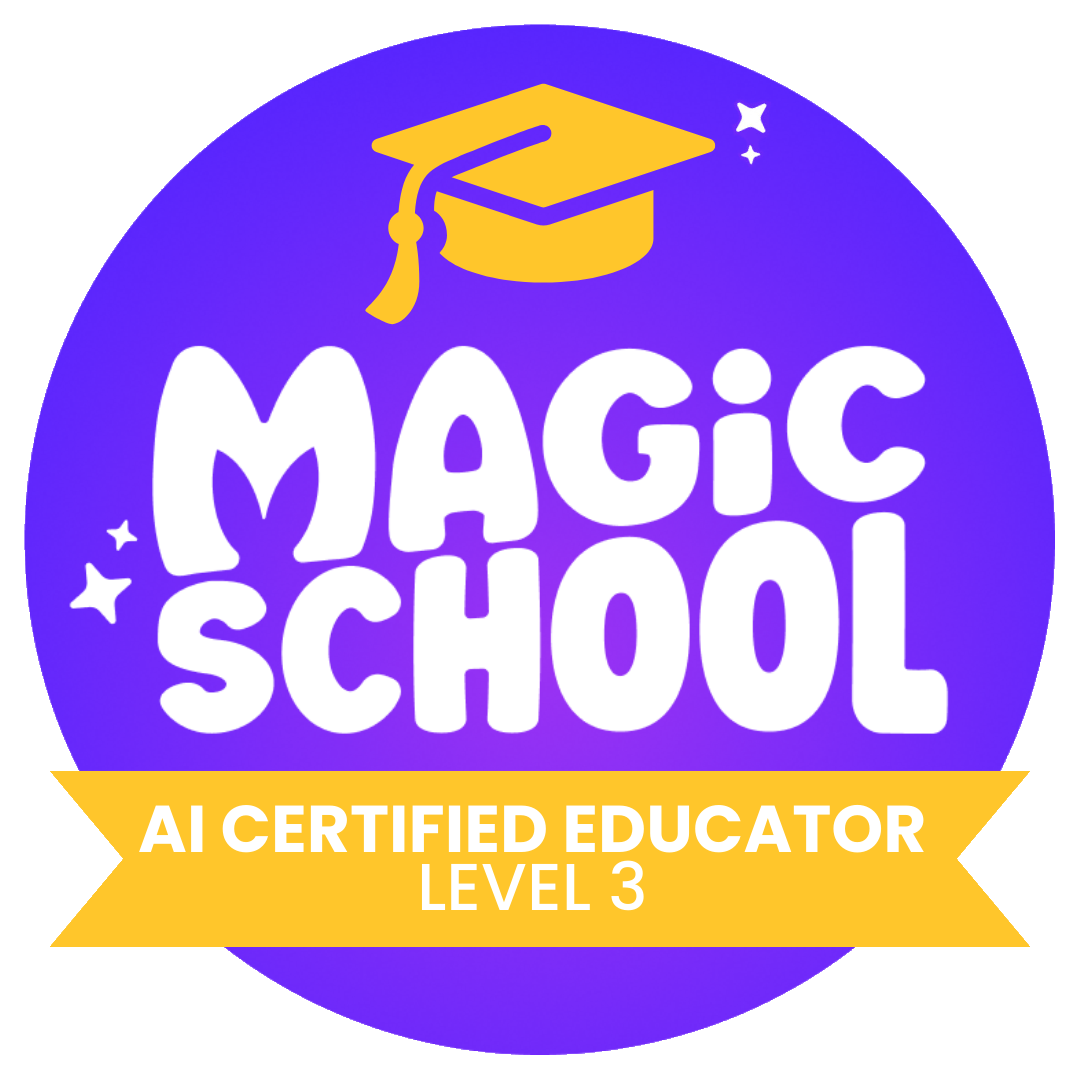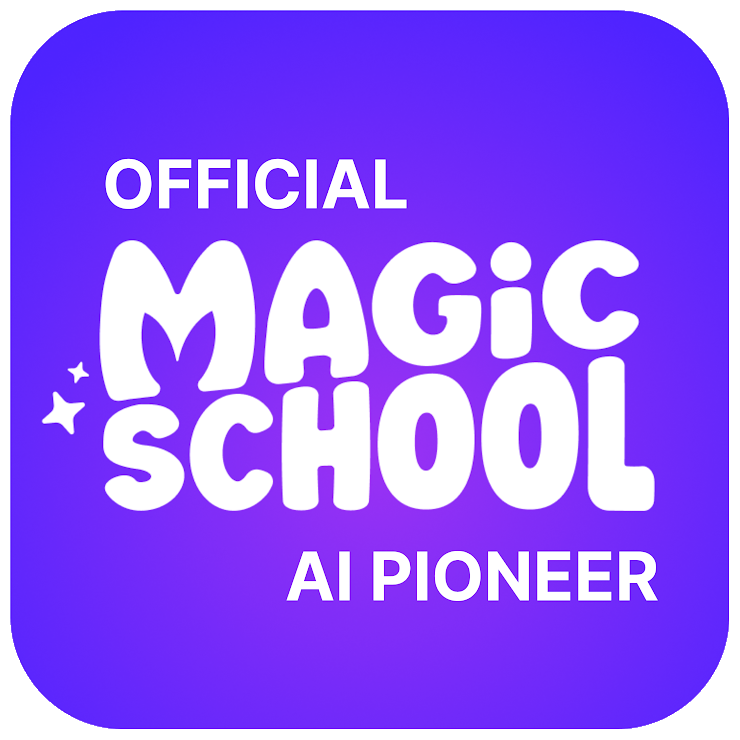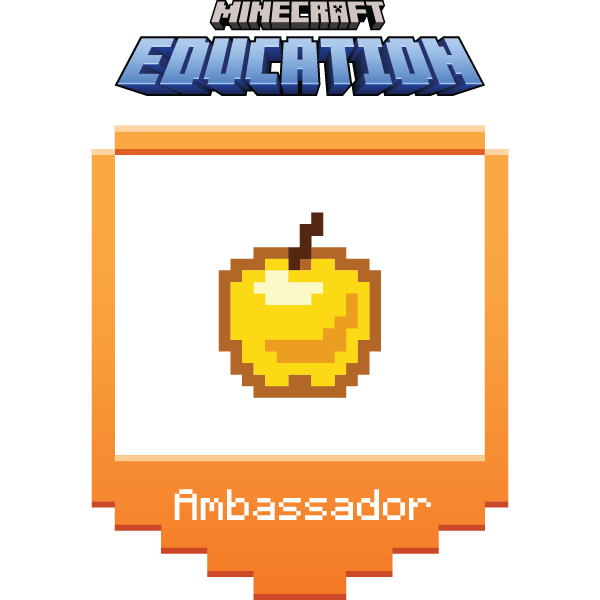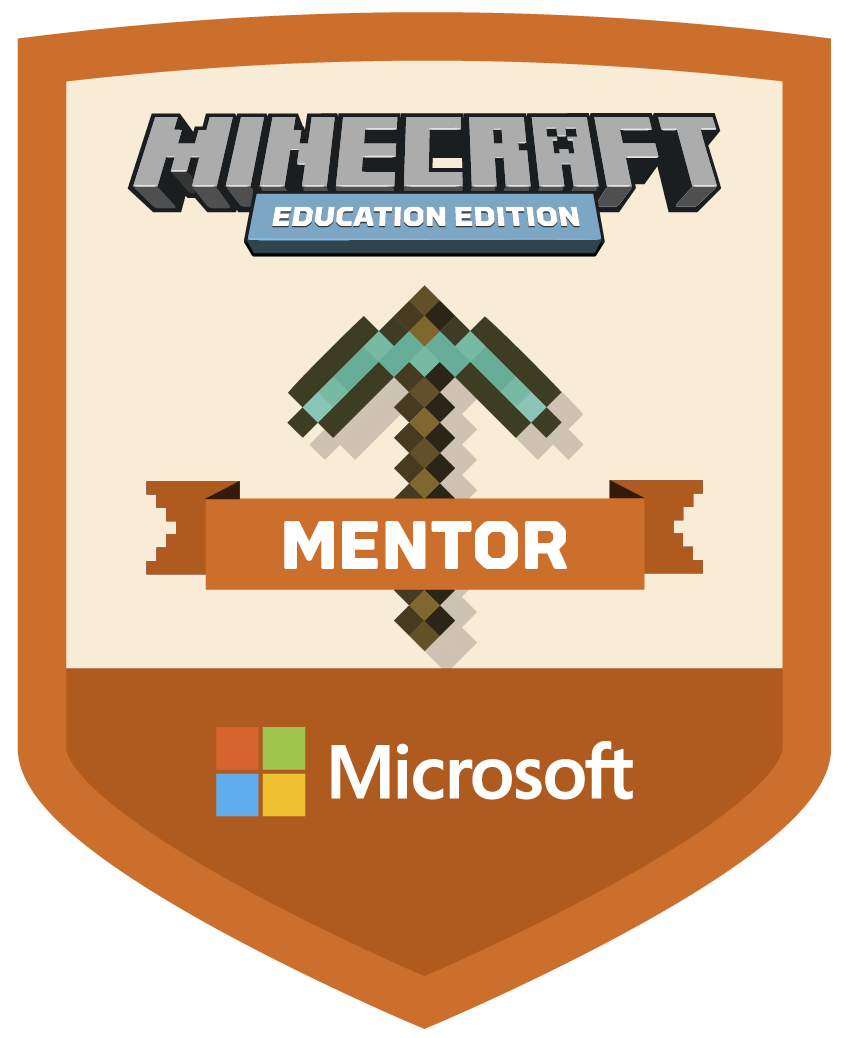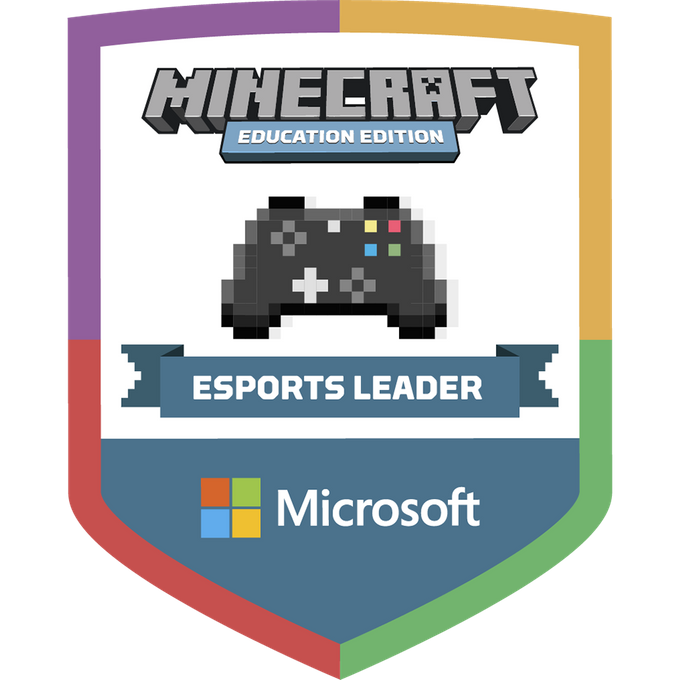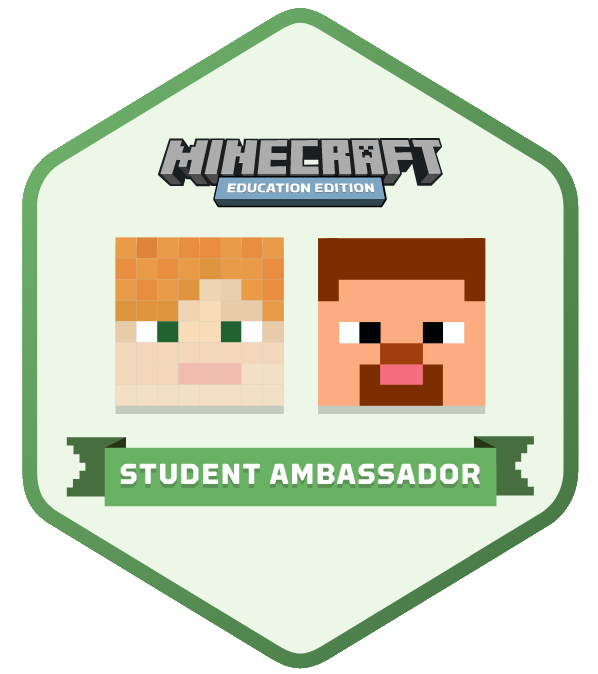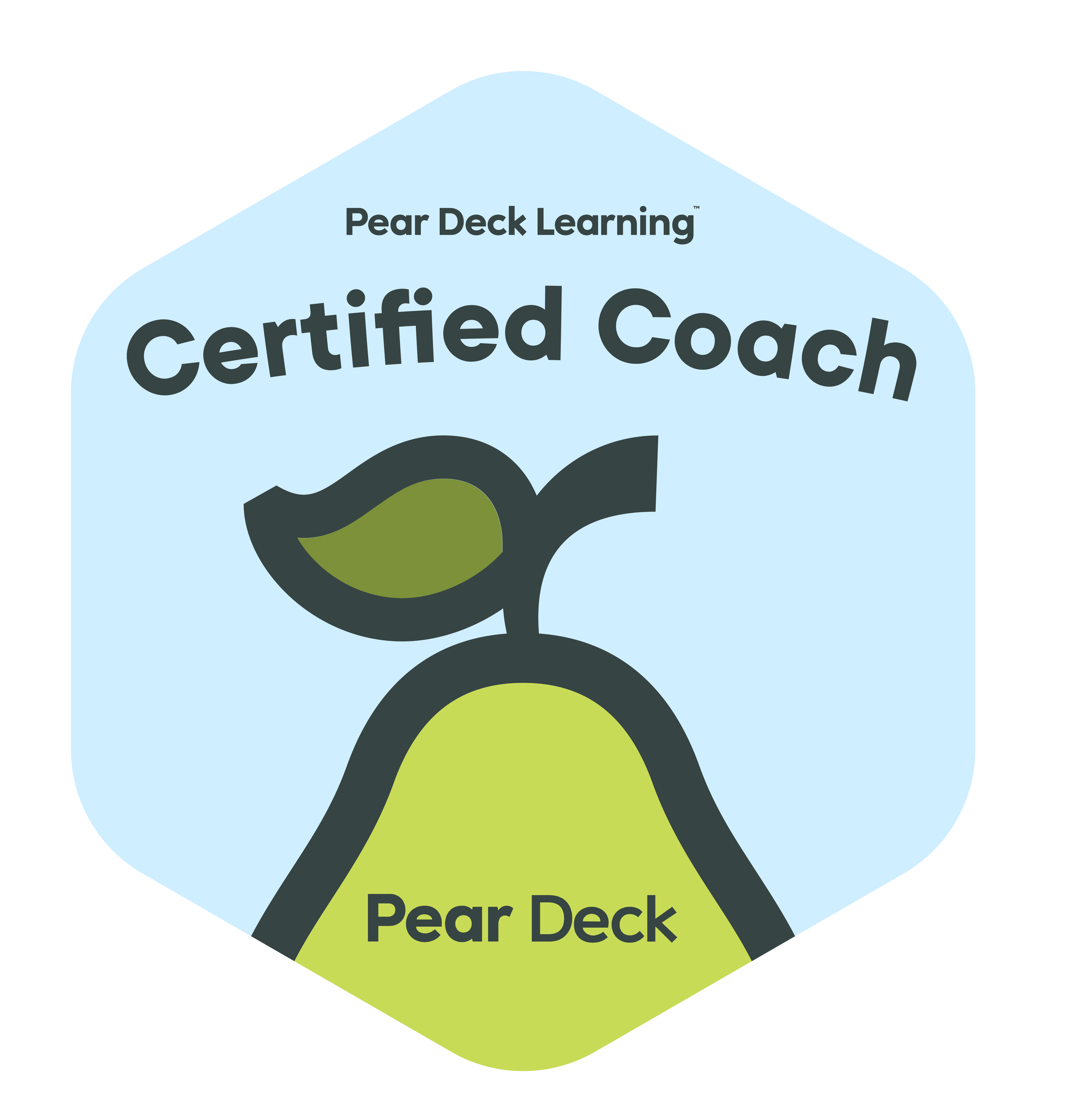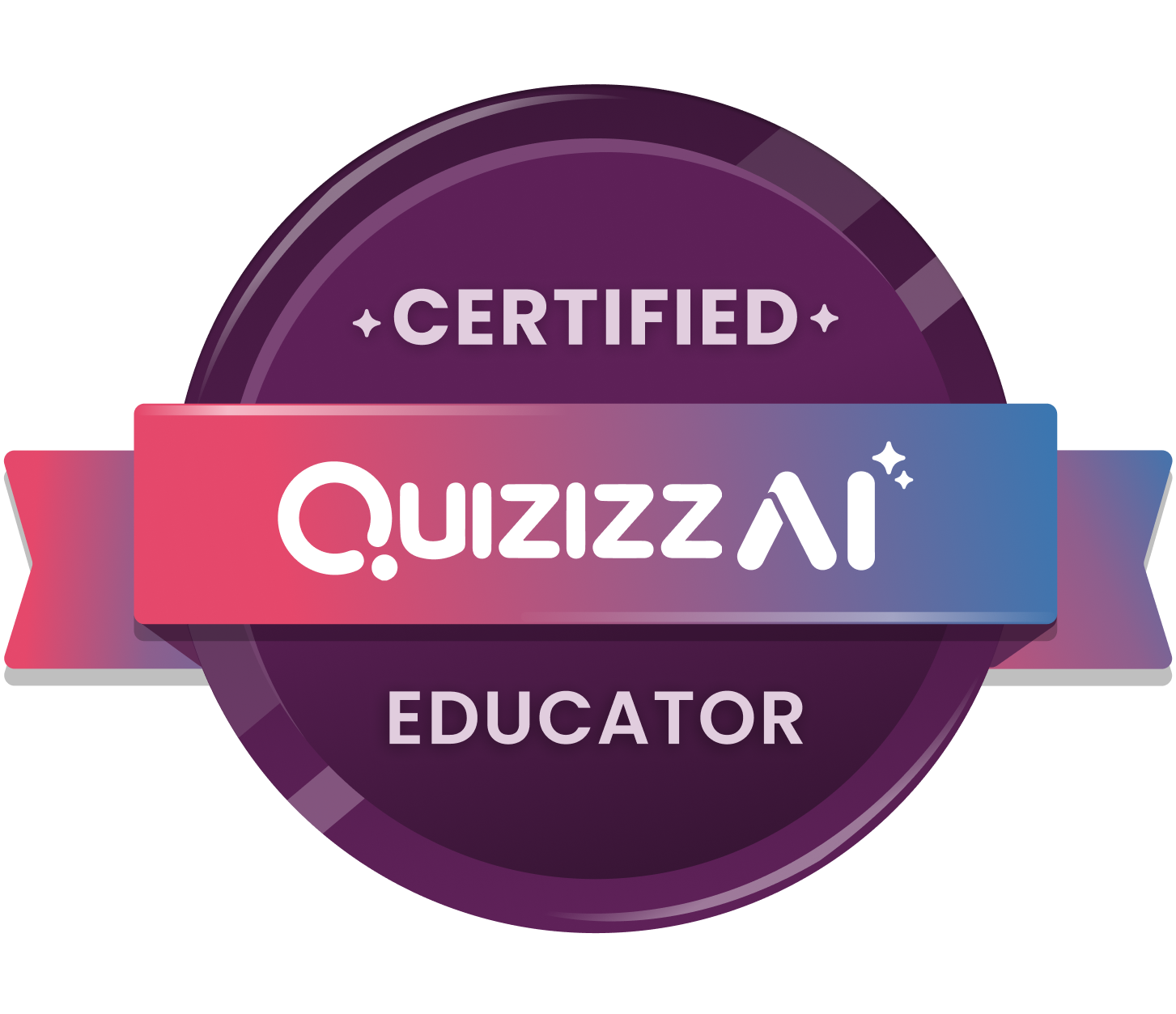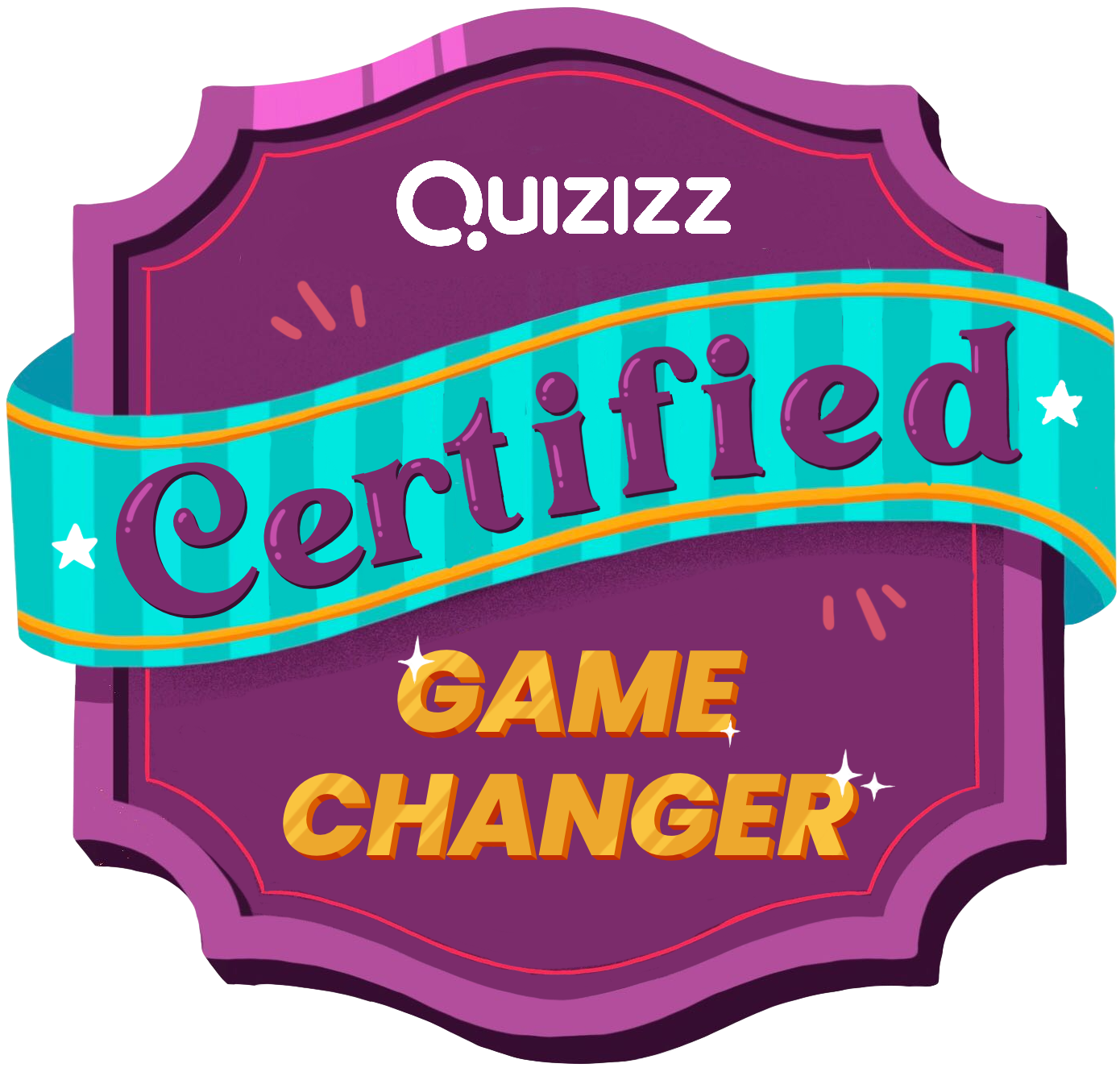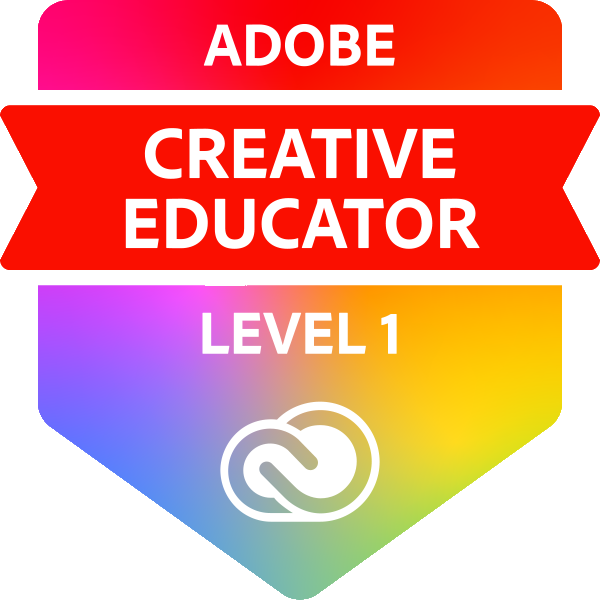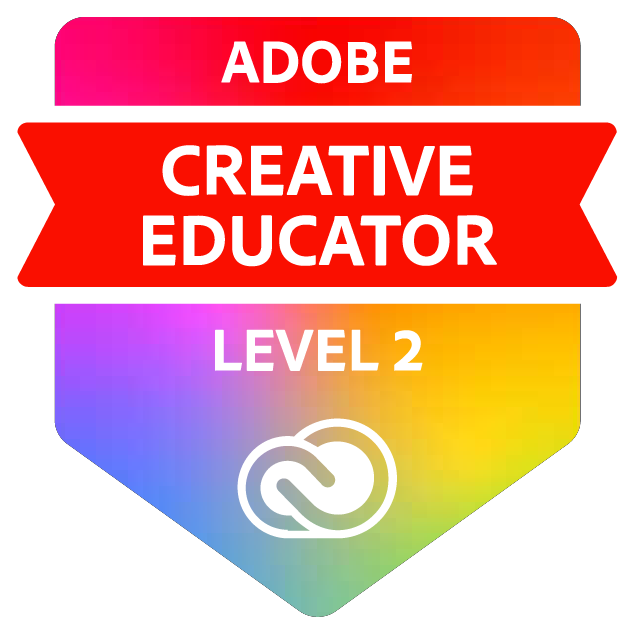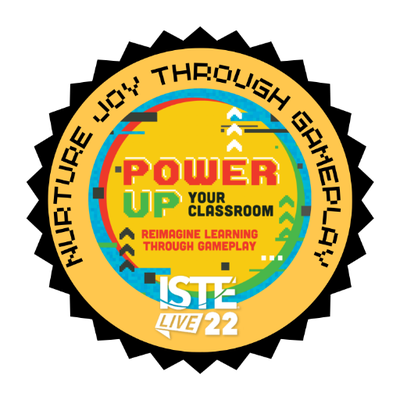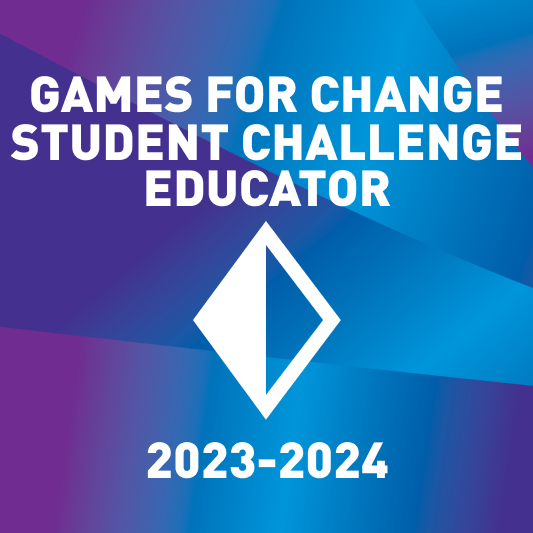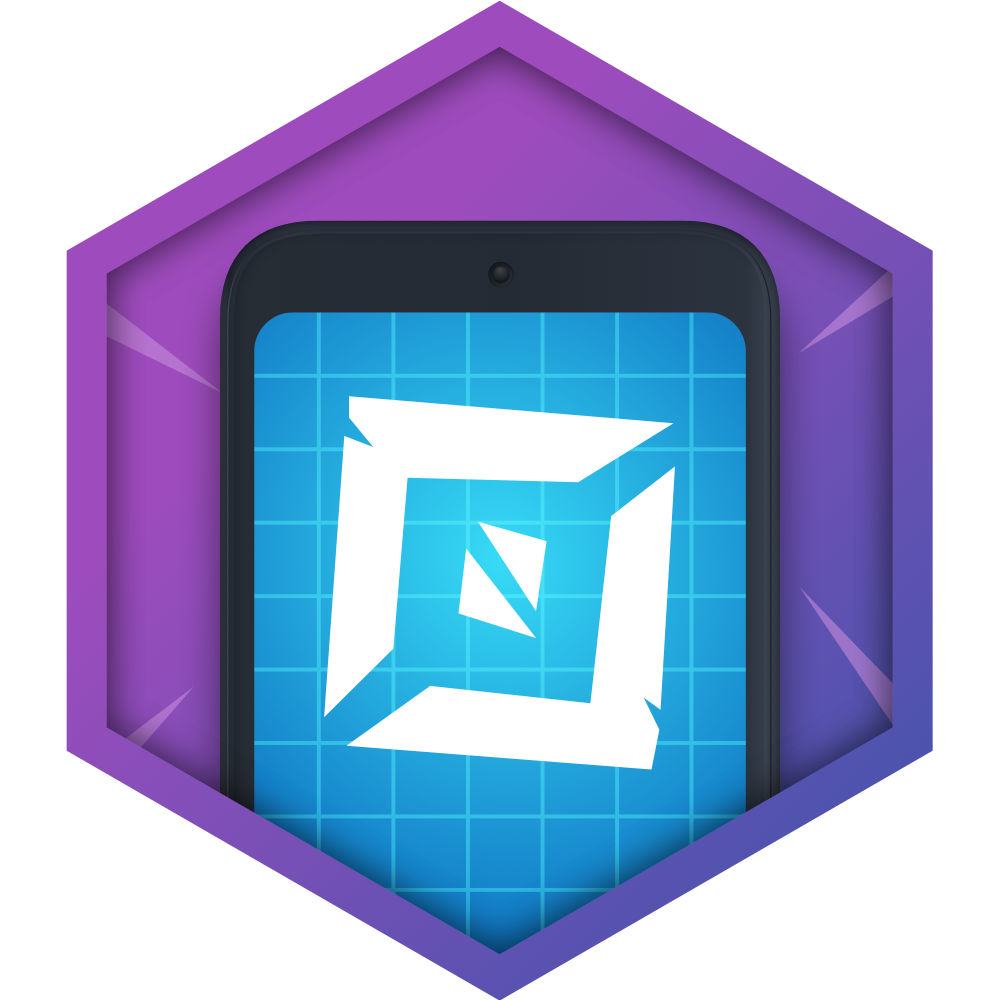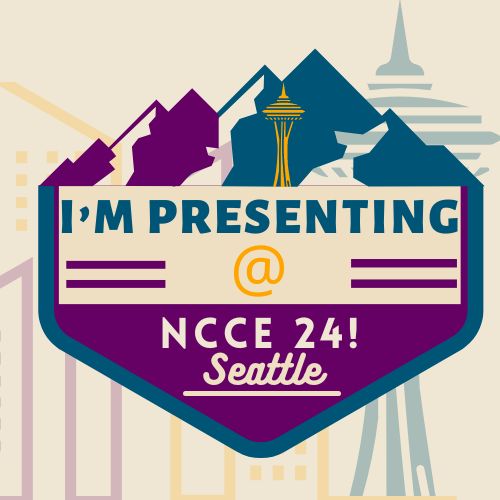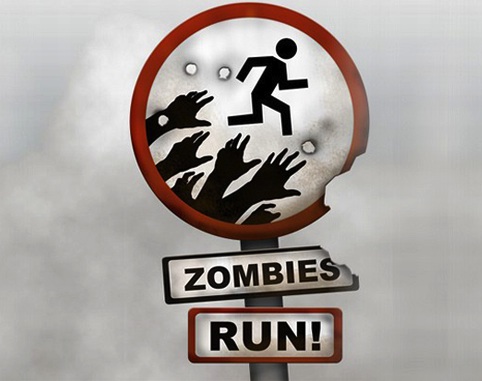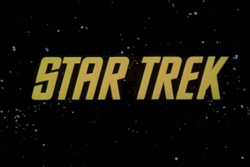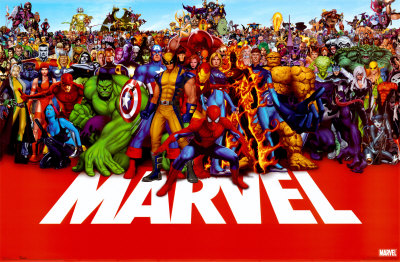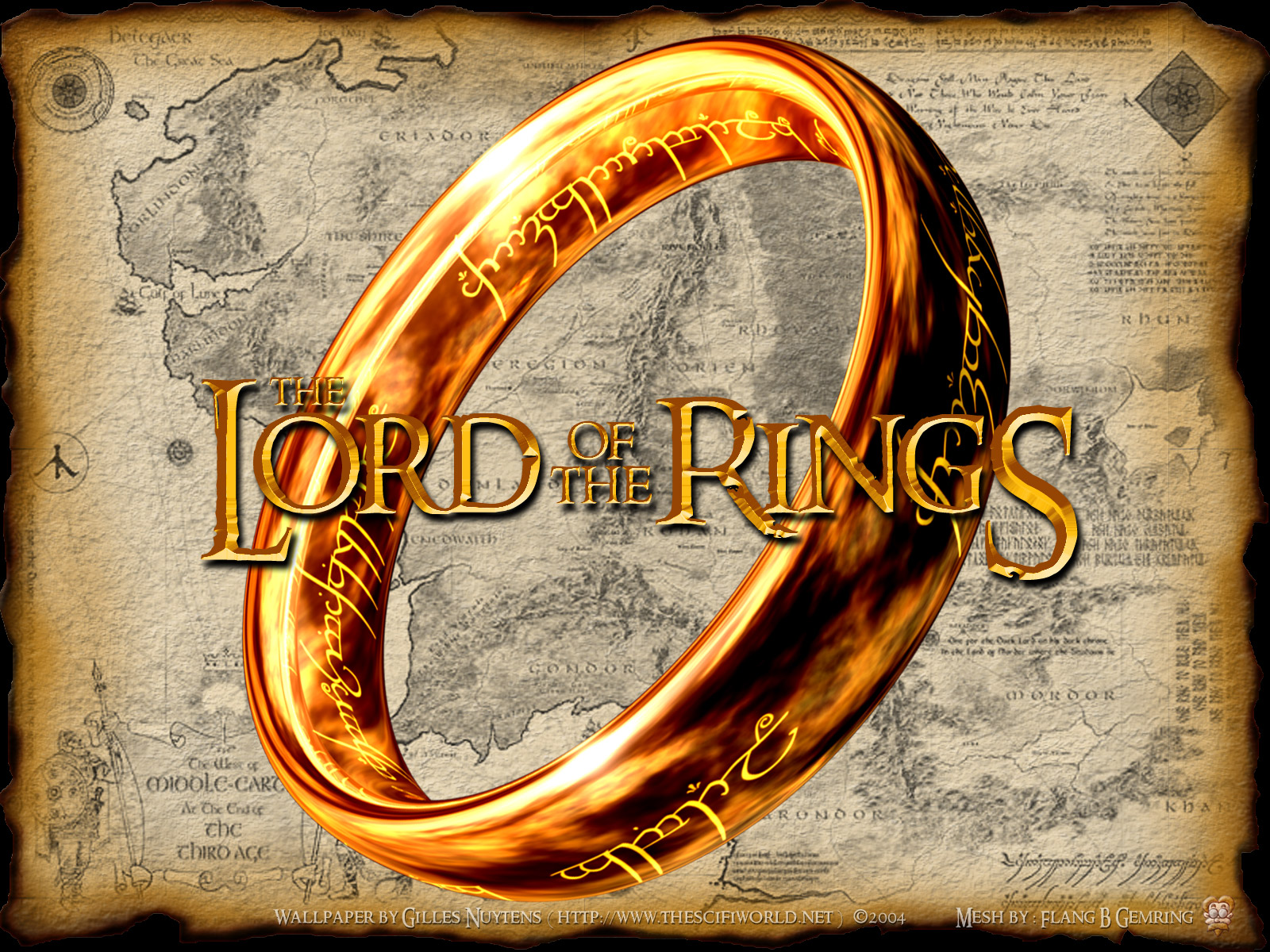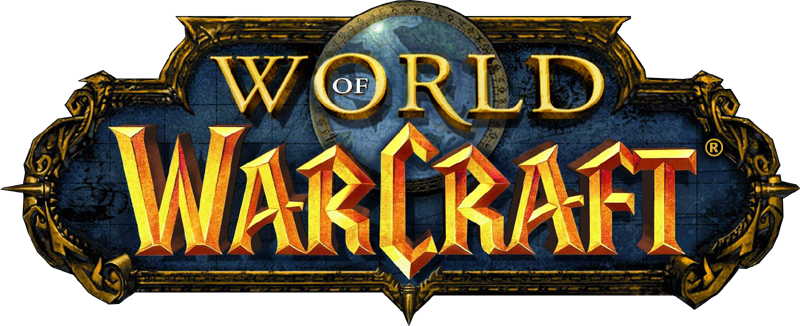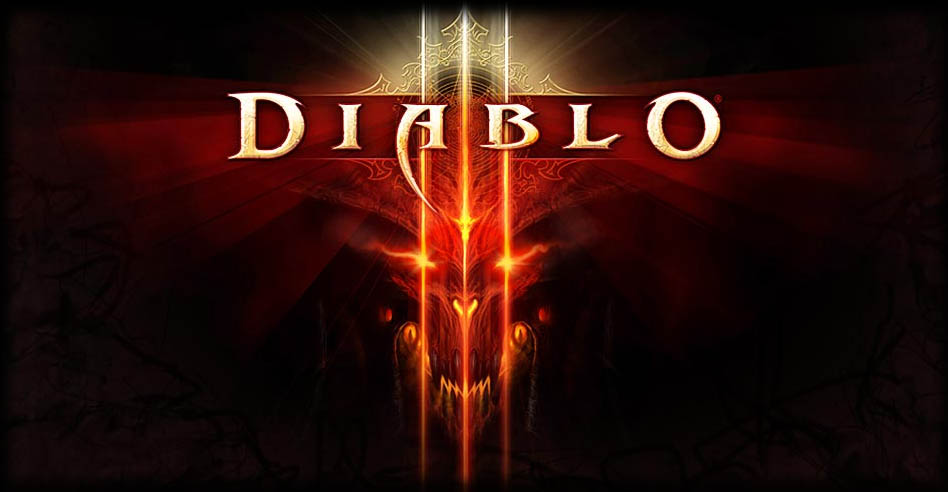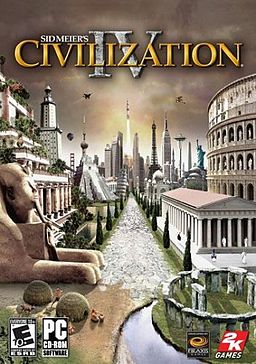My first ever blog post written with the help of an AI! I am adding my own commentary and adding to the blog post the AI wrote for me so from this point on anything you see italicized is written by me. Normal text was written by the AI!
I have continued to be active on Twitter because of all the amazing educators I follow that are still actively posting and sharing and connecting. As long as Twitter continues to be a useful resource, I’m going to keep using it. Recently I have come across a bunch of people talking about and writing posts about ChatGPT, an AI that will write just about anything for us, the humans, from OpenAI.
Free course for Teachers on AI, Chatbots, and ChatGPT!!
Here’s what I asked ChatGPT to write:
Write a blog post comparing the use of wolfram alpha to calculate the potential energy of a system and writing a blog post using Chatgpt.
Mathematics has been dealing with game-changing tech for years now. Since Wolfram Alpha, where we can use common language to ask pretty complex Math and Science questions, to PhotoMath, making any phone a Math tutor by solving any equation or Math problem that you point your phone camera at, AI has made it easy for students to complete Math homework without doing much work or thinking of their own. Using Wolfram Alpha, I took a potential energy problem that my students are going to work on soon and calculated it on my own.
Students will be calculating the potential of EV3 robots they will build and program to conduct some physics experiments and above is a typical calculation using a 700 gram (about 1.5 lbs) robot sitting 1.5 meters off the floor. I got 10,290 g m^2/s^2. Not a difficult problem to calculate, just substitute numbers for the variables, in this case mass of the robot and height off the floor and multiply those by the force of gravity in a calculator. I wanted to see if I could do this more easily using Wolfram Alpha, plus the fact that I am no physicist so I want to make sure I’m even calculating this correctly (btw, the numbers will be used for comparison sake, I am NOT expecting 5th and 6th graders to understand what’s going on here, which is why Wolfram Alpha or at least calculators are a great tool for us). So here’s what I asked Wolfram Alpha to do:
Wolfram Alpha gave me 10.3 J. Now I do know that joule is a measure of energy and that it’s equivalent to kg m^2/s^2 so 10.3 is rounded and converted from 10,290 grams m^2/s^2! I got it right, whew, and it was easier and quicker using Wolfram Alpha. Score! So here’s what ChatGPT wrote for me (my words in italics):
Wolfram Alpha and GPT-3 (ChatGPT) are both powerful tools that can be used to calculate the potential energy of a system. However, they differ in a number of ways.
First, let’s talk about Wolfram Alpha. This is a computational knowledge engine that can be used to answer a wide variety of mathematical and scientific questions. It uses advanced algorithms and a vast amount of data to provide accurate answers to complex queries. To calculate the potential energy of a system using Wolfram Alpha, you simply need to enter the appropriate query into the search box. For example, you might enter “potential energy of a system with mass m and height h” to get the potential energy of a system with those parameters. Which is what I did.
On the other hand, GPT-3 is a large language model trained by OpenAI. It can be used to generate human-like text based on a given prompt. This means that you can use GPT-3 to write a blog post on any topic, including the potential energy of a system. To do this, you would provide GPT-3 with a prompt that explains the topic and any relevant information, such as the formula for potential energy. GPT-3 would then use its knowledge of language and the information provided to generate a coherent and informative blog post on the topic.
One key difference between the two tools is the amount of knowledge they have. Wolfram Alpha is specifically designed to answer mathematical and scientific questions, and it has a vast amount of data and algorithms at its disposal to do so accurately. GPT-3, on the other hand, is a general-purpose language model that can generate text on any topic. While it has a lot of knowledge, it is not as specialized as Wolfram Alpha when it comes to mathematical and scientific questions.
Another key difference is the way in which the two tools generate their answers. Wolfram Alpha uses algorithms and data to provide a precise answer to a specific query. GPT-3, on the other hand, uses its knowledge of language and the information provided to generate a human-like text. This means that the answers generated by GPT-3 may not be as precise as those generated by Wolfram Alpha, but they can be more versatile and can provide more context and explanation.
In summary, Wolfram Alpha and GPT-3 are both powerful tools that can be used to calculate the potential energy of a system. Wolfram Alpha is a specialized computational knowledge engine that can provide precise answers to complex mathematical and scientific questions. GPT-3 is a large language model that can generate human-like text on any topic, including the potential energy of a system. While the answers generated by GPT-3 may not be as precise as those generated by Wolfram Alpha, they can provide more context and explanation.
Overall ChatGPT did a pretty good job but I don’t foresee using it to write my blog posts. In the time I train it to write what I need, I could have already written it!
My other AI posts:
Students Excited by Robotics and AI
Using AI Like We Use Computers – Inspired by Star Trek
Here are some posts I’ve come across recently about this new AI service, ChatGPT:
Attention, trust and GPT3 by Seth Godin
THE BEST POSTS ON EDUCATION & CHATGPT by Larry Ferlazzo
An AI Wrote this Blog Post by Eric Curtz
Robot: Write Me an Article on Teaching with Google Slides by Alice Keeler
How Disruptive Will ChatGPT Be? by Catlin Tucker
No, Artificial Intelligence Won’t Destroy High School English (Or Any Other Subject) by John Spencer
Playing around with ChatGPT from OpenAI by Scott McLeod
A Short Overview of ChatGPT by Richard Byrne
Personalize Teaching with ChatGPT by Alice Keeler
ChatGPT Use Cases by Taranjeet Singh (an amazing list of cases that can be solved by ChatGPT!)
Added on 12/16/22 -> Some Thoughts About AI in Education by Richard Byrne
Added on 12/16/22 -> Teaching and Learning and ChatGPT Tik Tok video by Holly Clark
Added on 12/24/22 -> ChatGPT, Chatbots and Artificial Intelligence in Education by J. Matt Miller
Added on 12/24/22 -> When ChatGPT Teaches, What Do Teachers Do? by Lisa Nielsen
Added on 12/24/22 -> How AI Will Save Education by Adam Watson
Added on 12/24/22 -> Can Anti-Plagiarism Tools Detect When AI Chatbots Write Student Essays? by Daniel Mollenkamp on EdSurge
Added on 12/24/22 -> 11-year-old boy’s game for ChatGPT is blowing up the internet by Damir Yalalov for the Metaverse Post
Added on 12/24/22 -> Education is about to radically change: AI for the masses by Nate McClennen and Rachelle Dené Poth for Getting Smart
Added on 12/29/22 -> Robots X Humans by Dagan Bernstein
Added 12/29/22 -> Stanford faculty weigh in on ChatGPT’s shake-up in education
Added 12/29/22 -> Chat GPT vs Academic Integrity: Is university and college writing at risk? On PlagiarismCheck.Org
Added 1/1/23 -> ChatGPT—The Game-Changing App Every Teacher Should Know About by Marcee Harris on Learner’s Edge
Added on 1/1/23 -> A Collection Of “Best” Lists About Using Artificial Intelligence In Education by Larry Ferlazzo
Added on 1/2/23 -> How can AI help with data visualization? by Randy Krum on Cool Infographics
More AI and ChatGPT resources:
How ChatGPT, other AI tools could change the way students learn
CHATGPT: TEACHERS WEIGH IN ON HOW TO MANAGE THE NEW AI CHATBOT
In a World of AI, Our Students Need Project-Based Learning
AI Tools Like ChatGPT May Reshape Teaching Materials — And Possibly Substitute Teach
Making Sense of AI & ChatGPT in Education
Practical Strategies for ChatGPT in education
The practical guide to using AI to do stuff
Teaching AI Ethics (Direct Link to Infographic)
ChatGPT Has Colleges in Emergency Mode to Shield Academic Integrity
Unlocking the Potential of K-12 Students with ChatGPT: How AI Could Transform Education
What you need to know about ChatGPT and other AI tools
Will AI tech like ChatGPT improve inclusion for people with communication disability?
AI in Education – Benefits and Limitations
We Can’t Predict How A.I. Will Change Learning #ChatGPT
Teaching Writing in the Age of AI
What is GPTZero? The ChatGPT Detection Tool Explained By Its Creator
The Makers of ChatGPT Have Launched a Tool to Detect Text Written With AI
ChatGPT, Am I Who You Say I Am?
Have You Explored Curipod AI? – Amazing Interactive Lesson Creation Resource
Teaching Writing in the Age of AI: Asking Questions
Frankenbot Template. Here’s a way to use ChatGPT to help students grow confidence in their writing!
4 incredible ChatGPT ideas for ESL teachers
Teaching Writing in the Age of AI: Assessment and “Cheating”
The free ChatGPT artificial intelligence tool is a total game-changer for teachers.
If we are setting assessments that a robot can complete, what does that say about our assessments?
ChatGPT: Boom or Doom? Free online course!
ChatGPT Cheating: What to Do When It Happens
How to Get an AI to Lie to You in Three Simple Steps
Some Ideas for Using ChatGPT in Middle and High School Classes
Some of the Best AI Art Generators (Text to Image)
How Will Teaching Be Different Post AI?
International Baccalaureate lets pupils use ChatGPT to write essays
ChatGPT (Explains ChatGPT and gives ideas and ways to use it.)
Teaching Writing in the Age of AI: Reinventing English
50 ChatGPT Prompts for Teachers
Chat GPT – “Embracing AI in Schools”
Teaching Partner, Grading Assistant or Substitute Teacher?
How will AI change the world? Video on TedEd
My Diigo Links on AI Posts and Resources! These will have my latest saved resources!
Check out the following Twitter conversation with six ideas for using ChatGPT:
ChatGPT is changing the game, and I want to share real things you can do with this AI system today.
— Allie K. Miller (@alliekmiller) December 13, 2022
Please save this thread and start testing this technology NOW so you’re ahead of the curve.
Added on 12/16/22 -> Here’s another Twitter conversation with ideas for using AI in the classroom:
I’ve been playing with a lot of #AI tools recently, and I’m excited about the possibilities for them in education. Here are 10 quick ideas for how educators could use them in the classroom right now:
— Faye Ellis (@fayenicole) December 15, 2022
Here’s another Twitter thread I added on 1/2/23 with ideas for using ChatGPT as a digital assistant that is FREE:
ChatGPT is a FREE assistant.
— Joe Speiser ?? (@jspeiser) January 2, 2023
But most people don’t know the best ways to use it.
Here are 8 ways ChatGPT can save you thousands of hours in 2023:
So my questions revolve around how people are going to use these tools. I’ve seen my own daughter use PhotoMath to reverse solve a Math problem that she was struggling with. My daughter is a 4.0 student in both high school and college and currently at UW. She has taken advanced Math classes and is currently taking physics. For her, PhotoMath was a support and helped her learn and figure out the Math on her own. What about kids who hate Math and think they will never need Math and therefore do not want to spend time learning it just to forget it? What about kids who hate to write and don’t feel they will every need to write?
Don’t these tools have the potential to be used by us to do the heavy lifting? Won’t that dumb us down?? Sure, ideally people could use AI Math tools to help them learn and complete basic calculations so they could do the more creative and complex problem-solving (I think of watching characters in Star Trek interact with computer programs as they solve problems. They talk to the computer like they would collaborating with a teammate. In the end, it’s the Star Trek officer, not the computer, who solves the problem that would have taken a LOT longer to solve with the help of the processing power of a computer). People could use AI tools to create art they can’t draw or make on their own. People could use AI writing tools to start their posts, articles, essays, letters, responses, arguments, etc. then go back and add their own personal flair or add the creativity that we expect AI to lack.
Is that how these tools will be used? Shouldn’t we help our students start learning how to use these tools they way Star Trek officers collaborate with their computers?
[Note: I feel like I’m cheating on ChatGPT because I wrote way too much of this blog post! LOL]
Not related to ChatGPT but something I’ve been seeing a lot more with regards to AI are tools that create artwork for us. Is there anything that AI won’t do for us?? Regardless, here are some useful posts/resources on art generating AI tools:
5 Best Free AI Text to Art Generators to Create an Image From What You Type
13 Best AI Art Generators of 2023 (That Actually Work)
How to Run Stable Diffusion on Your PC to Generate AI Images
The Beginner’s Guide to Use Midjourney AI
In conclusion, and I’m going to stop adding links to this post because I NEED TO STOP (I am obsessing ??), I want to end with something I read on Diane Ravitch’s blog where she shares one teacher’s response to her post on ChatGPT and AI in education:
Writing is more than just setting words down on paper in a “good” essay. If we just want a well worded essay from a student by any means possible, then, sure, let the students use a computer to do it for them. But writing teaches one to sort out thoughts, expand ideas, analyze facts and ideas. Isn’t this what we want students to learn? Writing is also a vehicle for the spirit to come through a human being. It is an art. Many of the great writers have said they they do not consciously write, but their spirit or psyche uses them and writing as a vehicle to make itself known. So. If we want to lose a part of our humanity, we will allow computers to take over every function of a human being. And then where will we find our meaning as human beings?
Mamie Krupsczak Allegretti
With all the AI assistant tools out there, we just have to make sure we guide our students through it all by reminding them to use the tools to free us up to be able to do what only humans can do, whatever that may be. If it’s “low level” work, then I’m all in favor of having AI do it for me. If it can get me started or get me past a block, then I’m all in favor of using an AI tool. If it’s something I can’t do on my own, like create artwork or write code or write a song, then I’m all in favor of having AI tools do it for me! I don’t think we can lose our humanity by using AI assistants because after the AIs have done all the work, whatever is left will be things only humans can do. Besides, people will still have the urge to create whether they use AI or not.

